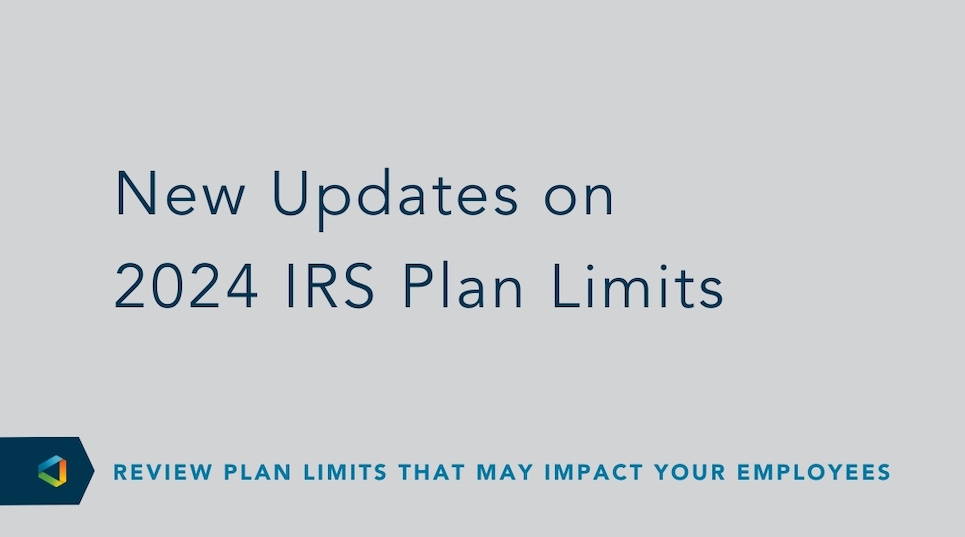The American Health Care Act (AHCA), the current budget reconciliation bill on its way to remove and replace some of the financial requirements of the Affordable Care Act (ACA), is now in its final steps toward passage in the House. On Wednesday. March 22, the bill goes before the House Rules Committee. Their job is to determine what bills make it to the floor of the House for a vote and whether to allow the introduction of amendments on the bill. The anticipation is that they will schedule the bill for a floor vote on Thursday, March 23, the seventh anniversary of the ACA.
Introducing a few new amendments, the House Committees on Energy & Commerce and Ways & Means hope to “strengthen the bill” and make it more palatable to the Senate. Here are the primary changes:
Tax Modifications
- Moves the implementation date of the “Cadillac tax" to 2026 rather than 2025
- Eliminates the ACA taxes a year earlier– effective 2017 rather than 2018 – applies to:
- Over-the-counter prescription drug tax
- Increased tax on health savings accounts (HSA’s)
- Medical device excise tax
- Prescription drug tax
- Increased tax on chronic care (medical expense threshold for deduction moves back to 5.8% from 10% - was 7.5% prior to the ACA)
- Health insurance tax (HIT)
- Medicare tax
- Net investment tax
- Tanning tax
- Eliminates the limitation of contributions to a Flexible Spending Account (FSA) one year earlier– 2017 rather than 2018
Other Subsidies and Distributions
- Medicare Part D Subsidy Deduction – the restoration of this deduction (removed by the ACA) will start one year earlier– 2017 rather than 2018
- Elimination of the ability to deposit excess health insurance tax credits into health savings accounts (HSA’s)
- Establishes fund for additional tax advantages to Baby Boomers (50-64) to offset high premiums
Medicaid Modifications
- Terminates the mandatory requirement for States to expand Medicaid – codifies the prior Supreme Court decision that mandatory expansion is unconstitutional
- Sunsets the optional ability for States to cover adults above 133% of the federal poverty line
- Creates clarity around eligibility for Medicaid matching fund for new and “grandfathered” enrollees
- Adds a new section allowing States the option to institute a work requirement in Medicaid for nondisabled, nonelderly, non-pregnant adults as a condition of receiving coverage under Medicaid – work requirements include enrollment in an educational facility, on-the-job training, job search and readiness, etc. These states receive an additional Federal Medical Assistance Percentage of 5%
- Provide options to States to receive a flexible block grant of funds for providing health care for traditional and children populations instead of the per capita allotment that is part of the AHCA
- Sets aside a $1 billion appropriation fund to pay for the per capita allotment for medical assistance, the Patient and State Stability Fund, additional modifications to the premium tax credit, and the refundable tax credit for health insurance
The House Republicans will vote Thursday, March 23 on the replacement bill. Stay tuned as OneDigital continues to embrace this change head-on for our clients, interpreting the news as it happens to bring you peace of mind in serving as forward-thinking and trusted advisors to lead the way forward.




